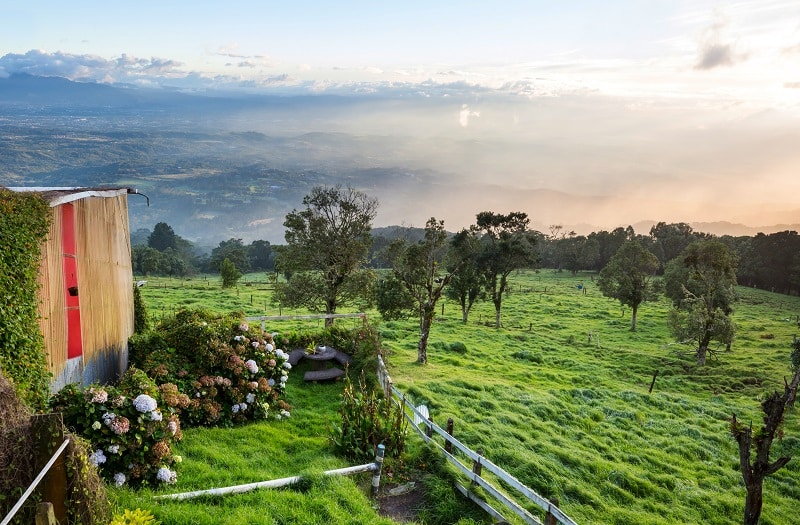
Costa Rica brings pristine landscapes and charming local culture together with the comfort and convenience of a leading tourism destination. While increased foreign presence means that it won’t be hard to spot a non-local in many of the places you go, traditional customs are still a strong force in the pace of life, and way people relate to each other.
While it is understandable for visitors to make an occasional faux pas, there is much confusion and embarrassment that can be avoided by briefly familiarizing yourself with the common mistakes that tourists make:
Name calling
In Costa Rica and throughout the Spanish-speaking world, terms such as flaco (skinny), gordito (chubby) and negro (black) are commonly used, endearingly. They are not insults. Nevertheless, a vacationer to Costa Rica can often mistake these personalized modifiers as ill-intentioned, and become offended.
At the same time, it is a bad move to refer to the locals as ricans. Just call them ticos, which is the locally accepted term for those of Costa Rican nationality.
Also important to remember is that ticos have a very formal way of addressing one another. Except for among very close friends, titles such as Señor and Señora, and Don and Doña, are used before the person’s name. Also, if you speak Spanish, remember to address most people with Usted, the formal version of “you”.
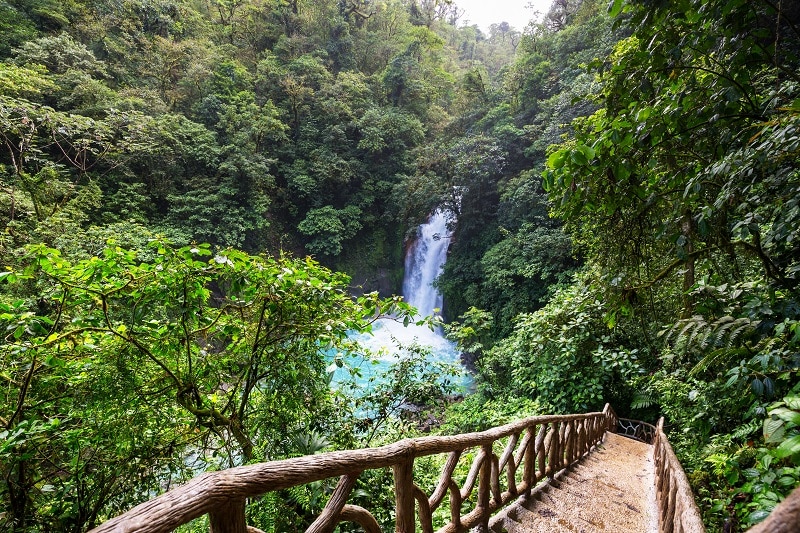
Learn Costa Rican Slang
When you visit any country that is not your native tongue, there are words that your professors in school did not teach you. In school we are taught the choppy, grammatically pleasing, textbook style of the language. Most likely we are not taught by someone who speaks the language as their second language, so we are missing out on a lot of the practical dialect that people use in the foreign countries. For instance, the difference between words among English speaking countries is completely different. In England, people say mate whereas Americans might say dude instead and the list goes on. Below is a list of words that you will definitely run into in Costa Rica that I guarantee where not taught in any class unless of course you were taught by a Tico.
-Pura Vida: (Poo-ra Vee-da) This is the unofficial motto of Costa Rica and is said all the time. Literally it means Pure Life, but when used daily, is conveys a state of happiness, tranquility, and peace. It can be used to greet someone, to say goodbye, or to show appreciation for a situation, object, or person.
-Tico or Tica: (Tee-ko, Tee-ka) This refers to a Costa Rican man or woman.
-Tuanis: (Twan-ees) Awesome, cool, or great.
-Mae: (My) dude, buddy
-Upe: (oo-pay) Can be used as excuse me, hello, anyone home
-Mala nota: (ma-la no-ta) Not good
-Salado: (Sah-la-do) Too bad
-Macho/Macha: (Mah-cho/a) blond North American
-Pulperia: (Pool-pa-ree-a) a mini mart
-Soda: (Soh-da) a small restaurant serving local food
-Chunche: (Choon-Chay) thing, stuff, or object
-Choza: (Choh-za) house
-Soque: (So-kay) hurry up
Making that weird hand gesture
Another way to really offend the locals is by making a fist and sticking your thumb out between your index and middle finger. This gesture is called, “the fig”. Not that you would do this, but just so you know.
Being shocked too easily
There are various situations in which a man will touch a woman out of common courtesy, not as a sexual advance. (Of course, there is a line that some locals occasionally do try to cross, and this should not be tolerated). But if a lady is getting off a bus and a man takes hold of her elbow, don’t make the mistake of overreacting to this, as typically the man’s sole intention is to be a gentleman, or caballero. For all the chivalry, however, you are advised to keep a close eye and tight grip on your belongings.
Dressing too light
Apart from beachside bikini attire, it is frowned upon when women dress scantily or even in miniskirts – similar to the way unshaven men in tattered clothing are frowned upon. Ticos have a strong sense of formality, which it is wise to respect.
Costa Rica’s famed tropical climate may also trick you into packing only t-shirts, shorts and swimsuits. Be sure, however, to bring a light summer jacket as some parts of the country – especially the higher-elevation destinations – can get quite cool at night.
Get the Greeting Right

The strong handshake is a foreign concept. In urban areas men greet each other by limply shaking hands, but in the countryside a nod or hat-tip usually suffices. When shaking hands, a common mistake is for a visitor to bear down hard, when only minimal pressure need be applied. That said, some locals have picked up the strong handshake due to heavy exposure to tourists and expatriates.
For women, a kiss on the cheek is commonly acceptable among close friends and relatives, and sometimes even upon a first introduction. For less intimate friendships, however, greetings are usually limited to a touch on the shoulder or arm.
Tipping Too Much

When dining out in Costa Rica, a 10% gratuity is always included in the bill. If the service is good, it is okay add a small tip on top of that. Tipping an extra 15% to 20% is exaggerated and can bring you unwanted attention.
Flaunting Wealth
Due to the difference in economies, many tourists are seen as walking banks. You will immediately be identified as someone with more money, and although most locals are respectful and act in good faith, there will always be those who wish to take advantage. Don’t exacerbate the problem by tipping 50% (even though it may not seem like a lot to you), carrying around big bills or buying drinks for everyone in the bar.
Overpacking
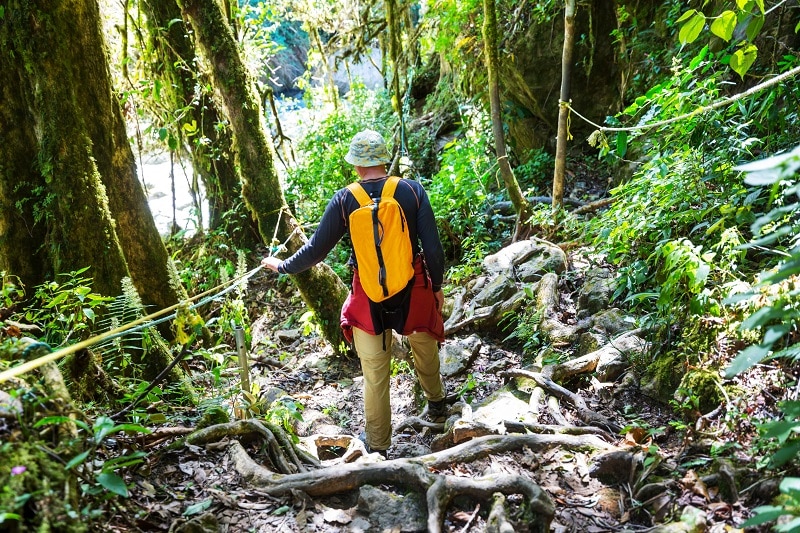
Traveling light is key to a hassle-free vacation. While certain essentials such as proper attire and toiletries – including soap and toilet paper, as they are not always available – should be included, pare down your packing to the essentials only. The last thing you want is to have to lug around 4 heavy suitcases through Costa Rica’s hot tropical climate, every time you move from one town to the next.
Showing up Empty Handed
It is well within the realm of possibility that you could get invited into somebody’s home for dinner, or for a party, especially if you are a student studying in Costa Rica. Guests are expected to bring gifts, a bottle of wine, or flowers. Do not, however, bring the calla lily, as it symbolizes death.
Speaking in English
Due to a highly developed tourist industry, many locals speak good English. It is easy, therefore, to assume that everyone speaks English, and many tourists make the mistake of not speaking Spanish when addressing locals. Unfortunately, this is sometimes considered offensive, especially to a local who does not speak English. Even if you don’t speak Spanish, show them common courtesy by asking (preferably in Spanish) whether or not they even speak English. The phrase is hablas inglés?
Rushing your itinerary
When planning your trip, allow for time. The small size of the country may give you the urge to “see it all”. Yet if you try to hit every hotspot on a two-week vacation, you will end up seeing nothing. You are much more likely to enjoy yourself if you savor two or three prime destinations. Even adventurous treks out in the wild can be planned from a base camp.
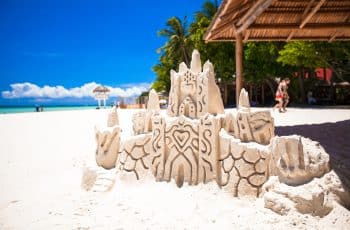

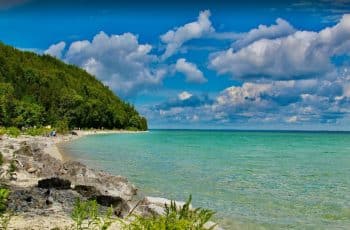
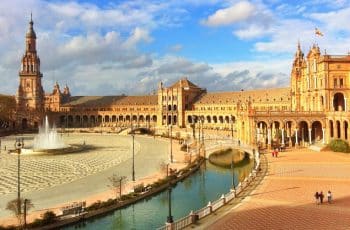
Gaby Göstrich
Die Bilder sind sehr toll an manchen Orten wäre ich gerne, aber das sind nur Wunschträume
Frau Gaby Goestrich
Wenn maqn die Bilder un Komentare sieht könnte man sofort da hin Fahren
Frau Gaby Goestrich
Alles wunderschön gerade jetzt , wo man nur an den virus denkt, kann man träumen einfach toll
Frau Gaby Goestrich
Wunderschön so alles antzsehen,man möchte sofort Koffer packen und Tschüss
Frau Gaby Goestrich
Da soll es auch sehr schön sein hat meine freundin mir von erzählt.
Frau Gaby Goestrich
Einfach tolle Länder auf der Welt wenn man das nötige Kleingeld hätte könnte man da hin fahren zeit hätte ich momentan
Frau Gaby Goestrich
Habe eine nachbarin die da her kommt. wernn sie ins Schwärmen kommt dan n könnte man mit da hin fliegen
Frau Gaby Goestrich
Ja das sind einfach Länder die unerreichbar sein
Frau Gaby Goestrich
Ich war schon mal auf einer spanischen Insel aber da war ich noch nie
Frau Gaby Goestrich
Das ist mir zu weit weg und zu Lange Flüge könnte ich mir nicht Vorstellen
Frau Gaby Goestrich
Wunderschön unerreichbar
Frau Gaby Goestrich
Soll sehr schön sein , wenn mich einer dahin entführt
Frau Gaby Goestrich
Auch da möchte ich mal hin aber
Baidehi Samal
👍👍👍